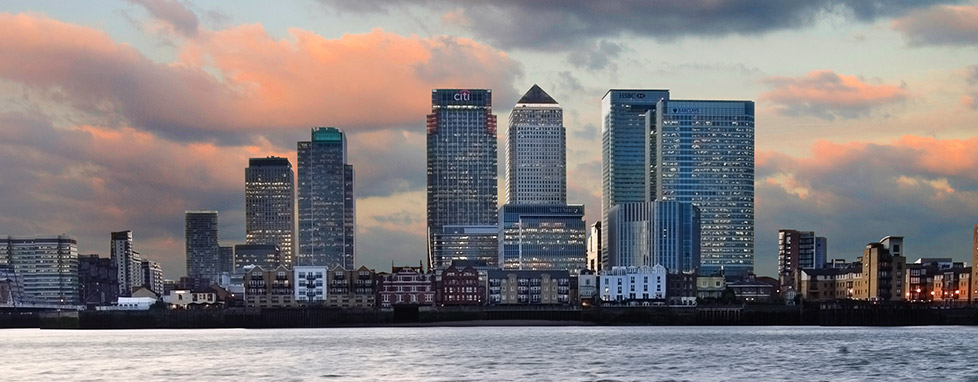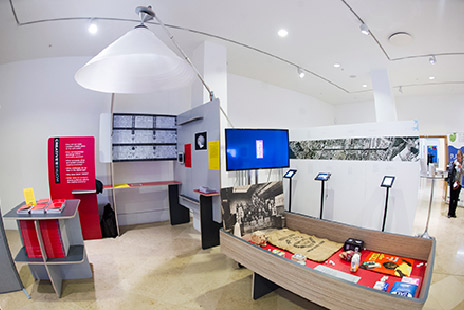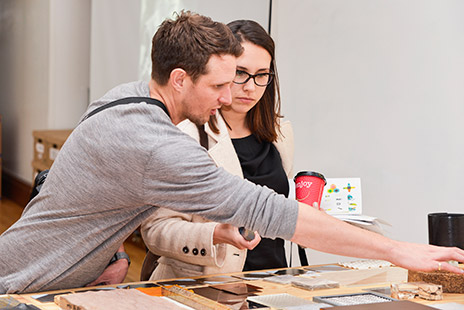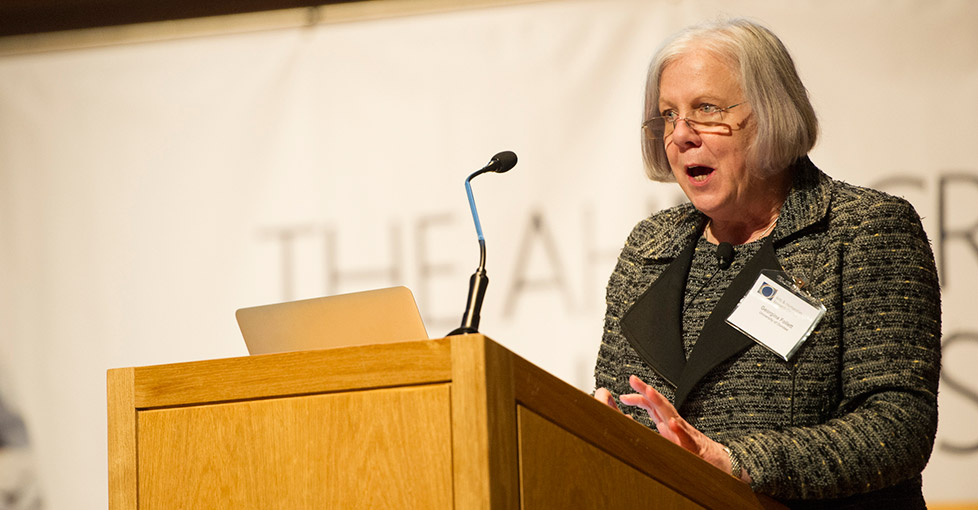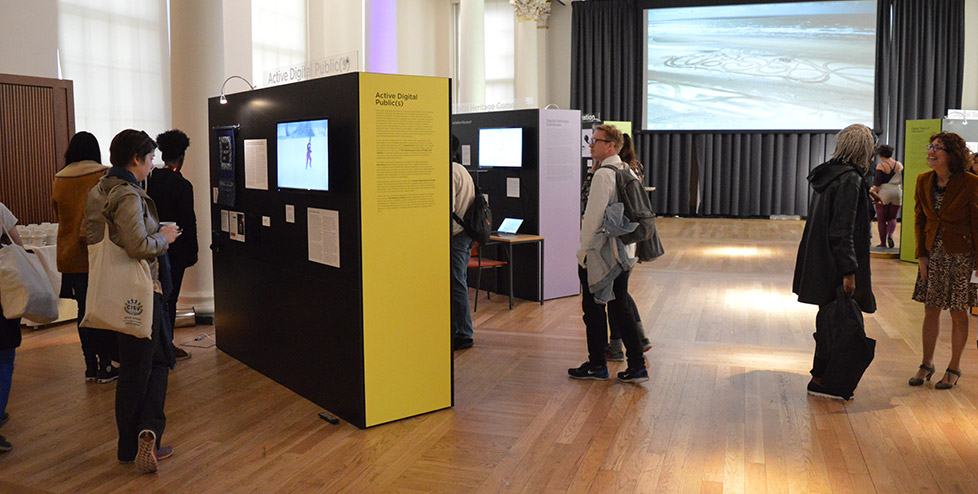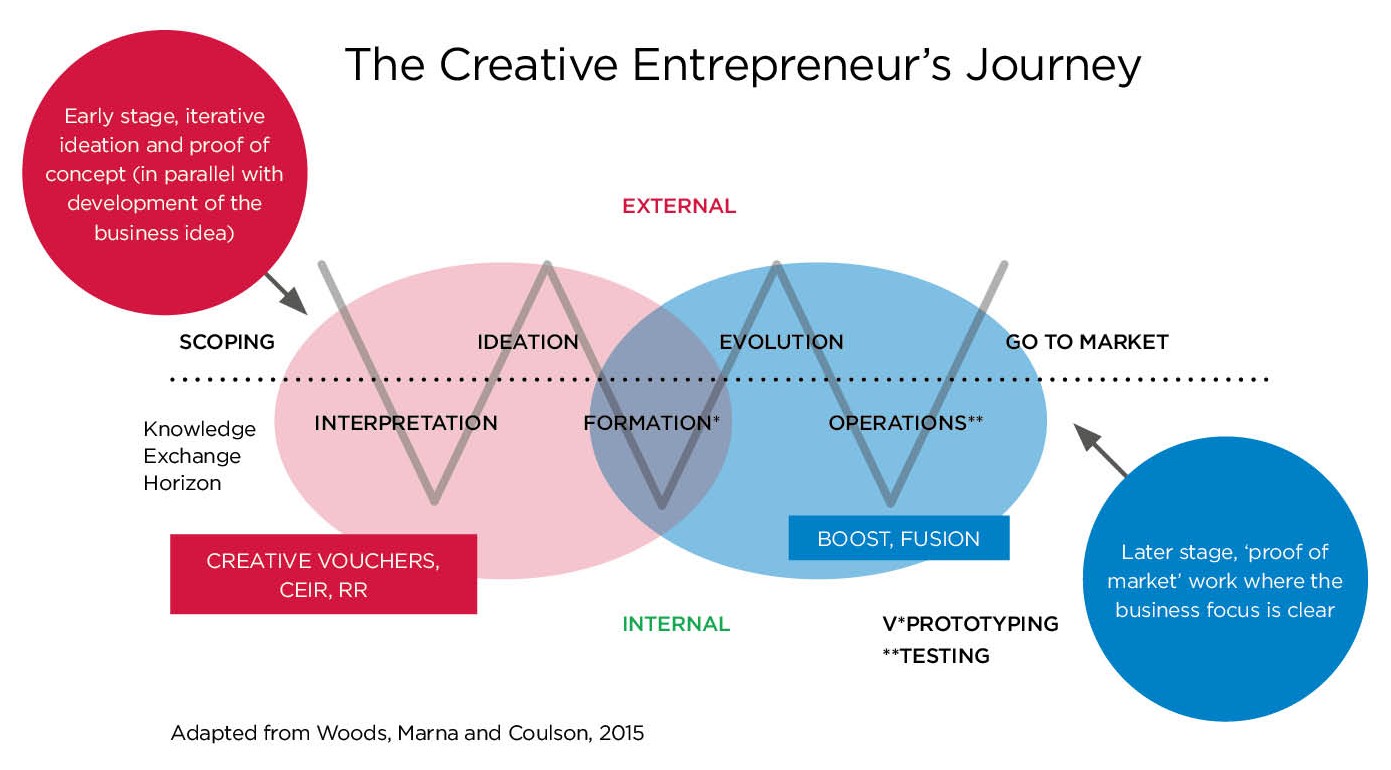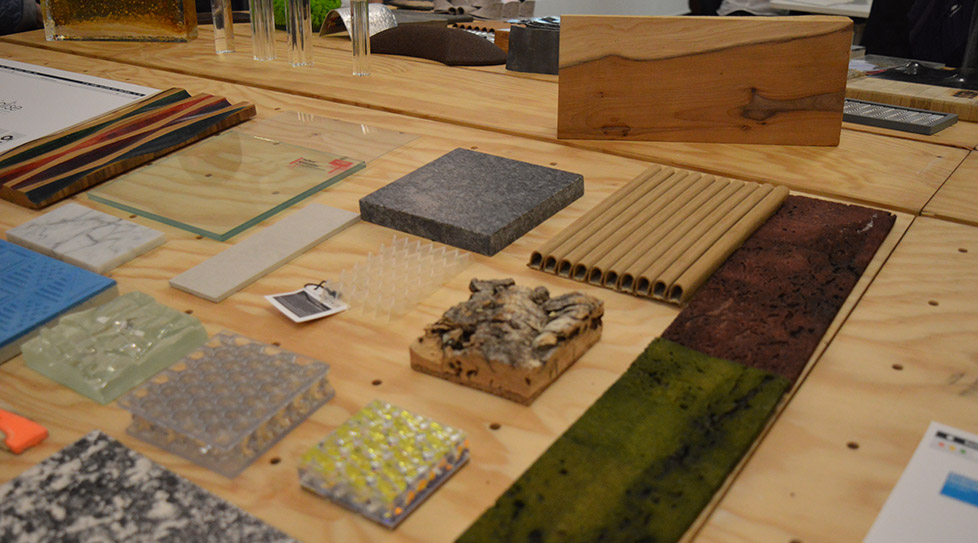The HUB
Creativeworks London has created productive ecosystems to sustain future collaborations, and has enabled the development of significant new networks that will have a major impact on the future growth and success of the creative economy in London. The range and diversity of innovation and research outcomes generated by the project is a clear indication of the power of the collaborations it enabled and supported. The AHRC-funded period of Creativeworks London’s activities ends on 31 July 2016, but partners are committed to continuing to collaborate. New projects are being developed that will build on what has been learned through the rich programme of research and knowledge exchange activities undertaken over the past four years. Please do contact us if you are interested in developing joint projects. Our Aims
Creativeworks London has always argued that Arts and Humanities researchers who understand London and its distinctive characteristics can make a major difference to the UK’s Creative Economy. This was the founding vision for CWL as a KE Hub. London is a global city and has almost one third of the UK’s creative workforce, contributing more than £21 billion per annum to the capital’s economy. CWL’s ambition was to provide new insights into London’s creative economy, in partnership with an exciting range of national and local hubs and networks. Its focus on London has been key to CWL’s knowledge exchange methodologies and its research activities, because of the scale of activity, enterprise and partnerships already in place in the city. CWL has presented a unique opportunity to observe, research and support London’s changing relationship with its creative economy. Creativeworks London’s aim has been to ensure that London’s creative economy businesses turn to research collaborations with the Arts and Humanities community in London’s universities to meet their commercial needs and that the researchers themselves will be both ready and excited about this potential for engagement.
The stated objectives of CWL were eight-fold:
The four UK HUBs
Creativeworks London is one of four Knowledge Exchange Hubs for the Creative Economy funded by the AHRC. All four Hubs, working as consortia, connect excellent research in the arts and humanities with a range of creative and cultural organisations across the UK, to accelerate growth and innovation, generate and utilize knowledge exchange opportunities, foster entrepreneurial talent and contribute to the development of the UK’s Creative Economy. The four hubs, each of which received £4 million of funding from the AHRC, are: Creativeworks London, led by Queen Mary University of London in partnership with 21 London-based higher education institutions (HEIs) and independent research organisations (IROs) and 22 creative and cultural industries organisations.. It brings researchers, creative entrepreneurs and businesses together to explore the issues that impact on London’s creative economy. The Creative Exchange, led by Lancaster University in partnership with the University of Newcastle and the Royal College of Art. It is focused on bringing expertise in designing experiences, digital prototyping and communication innovation to address the opportunities and challenges of innovation in the digital public space. Design in Action, led by the University of Dundee in partnership with Edinburgh College of Art at the University of Edinburgh, The Glasgow School of Art, Gray’s School of Art at the Robert Gordon University, University of Abertay and St Andrews University. It supports small and medium enterprises (SMEs), utilising design as a strategy for innovation, both within and out with the creative economy. Research and Enterprises in the Arts and Creative Technologies (REACT), led by the University of the West of England Bristol in partnership with the University of Bristol, University of Exeter, University of Bath, University of Cardiff, and the Watershed Arts Trust. This project has funded 53 collaborative projects, exploring a range of themes and ideas, from books and prints to design objects and documentaries. Connecting to Innovate: A Preliminary Report on the Achievements of the AHRC Knowledge Exchange Hubs for the Creative Economy Evaluation and Impact
Evaluation has been a key element of CWL’s work. During the project, evaluation was undertaken by the Evaluation and Dissemination Officer, Helen Matheson-Pollock, as well as the three postdoctoral research assistants, who evaluated the impacts of a range of funded projects. Finally, BOP Consulting undertook an external evaluation of the whole project in 2016. A number of recent research and evaluation reports on knowledge exchange with the creative economy, on creative collaborations, on co-created research, on business models in the creative economy, and on cultural value, as well as on Creativeworks London itself, provide an important context for understanding the achievements of Creativeworks London. These are:
Key findings from these reports include:
CWL’S funded projects have generated benefits including the development of prototypes, software, and apps; business growth and innovation; spinouts; the enhancement of democratic citizenship and the building of new audiences and new publics; new training opportunities within the creative economy; and the creation of resilient networks and partnerships to support future growth. CWL’s research strands have undertaken research that has been disseminated to a broad range of stakeholders nationally and internationally, and has attracted additional funding. CWL has also enhanced the capacity and desire of London’s research base to engage in collaborative research with the creative economy, particularly for early-career researchers. As external evaluation of CWL by BOP Consulting has indicated:
CWL has generated new and productive approaches to knowledge exchange for Arts and Humanities researchers. CWL has offered important research insights into methods and modes of knowledge exchange (captured in a series of Working Papers, films, and scholarly publications), and has also highlighted key research questions that could productively be addressed as part of any future investment in research on knowledge exchange with the creative economy. As BOP Consulting reported:
The diagram below is derived from work done by researchers at Design in Action, to describe the ‘Knowledge Exchange Horizon’. This is the relationship between collaborative research and development of a product or business idea. The original figure – which described the relationship between ‘external’, shared research activity and ‘internal’ development by the entrepreneur in response to those inputs through stages of scoping, interpretation, ideation, formation (or prototyping) and evolution (or testing) has been extended to include two further stages:
It is clear that CWL’s projects spanned the whole creative journey set out here.
Both of these stages can be seen to have been successful in helping creative businesses to identify strategies to monetise their cultural and creative products. CWL has a wealth of case-study evidence to demonstrate that partners engaged in collaborative research from both the business and academic side have identified new ways of doing things, which in many cases resulted in the commercialisation of new intellectual property born out of that engagement. 50% of Creative Vouchers and Residency projects either have secured or intend to seek funding for further development, and have drawn inferences from this about the improved survival rates and longer term sustainability of the projects and products that have resulted from engagement between researchers and creative businesses. Successful BOOST applications and Fusion projects were followed through to at least prototype stage and demonstrated high levels of economic impact. Responses from the survey indicate that other projects, some of them at a pre-revenue stage, continue to be developed: the repeated response that it was ‘too early to tell’ what economic impact the project may have had is an indicator that the founders intend to persevere. It is important to put this in context: many of the projects have had very little time to evolve and pursue an ‘exit’. As the diagram above demonstrates, the voucher and residency schemes were operating at different points in the product and business life cycle from the Fusion Collaborative Awards. The ideas brought forward through the CV Ideas Pools were in many cases just that: ideas, not yet businesses. In most cases, the expression of that idea in a form that could be said to convey any intellectual property rights on the creator was unformed. They were in most cases pre-market ideas. In some cases, the projects themselves were not market oriented. Here we need to make some comparison between the business development process typically observed in digital and creative technology companies with the activity of CWL. Whilst some innovative creative ideas can go to market in a short time, even the most disruptive and well-funded creative technology startups tend to go through a number of iterations over time before finding their final commercial expression. The parallels between that process and the creative reinventions that are revealed by the evidence from the CWL programme should be clear. Given the short time elapsed – some of the projects were less than one year old at the time of the survey – it is a significant achievement that as many as five of the original concepts have progressed directly, through BOOST.
|
Creativeworks London is one of four Knowledge Exchange Hubs for the Creative Economy funded by the Arts and Humanities Research Council (AHRC) to develop strategic partnerships with creative businesses and cultural organisations, to strengthen and diversify their collaborative research activities and increase the number of arts and humanities researchers actively engaged in research-based knowledge exchange.
